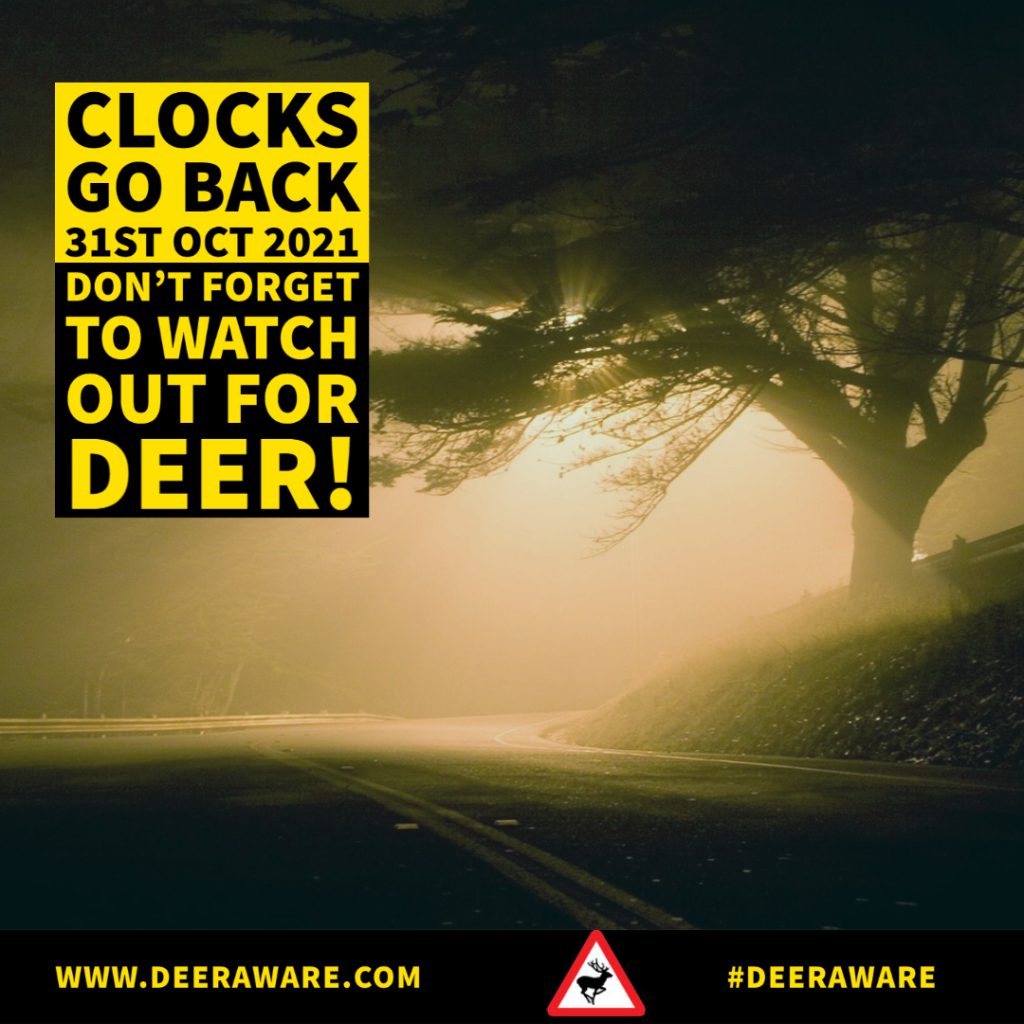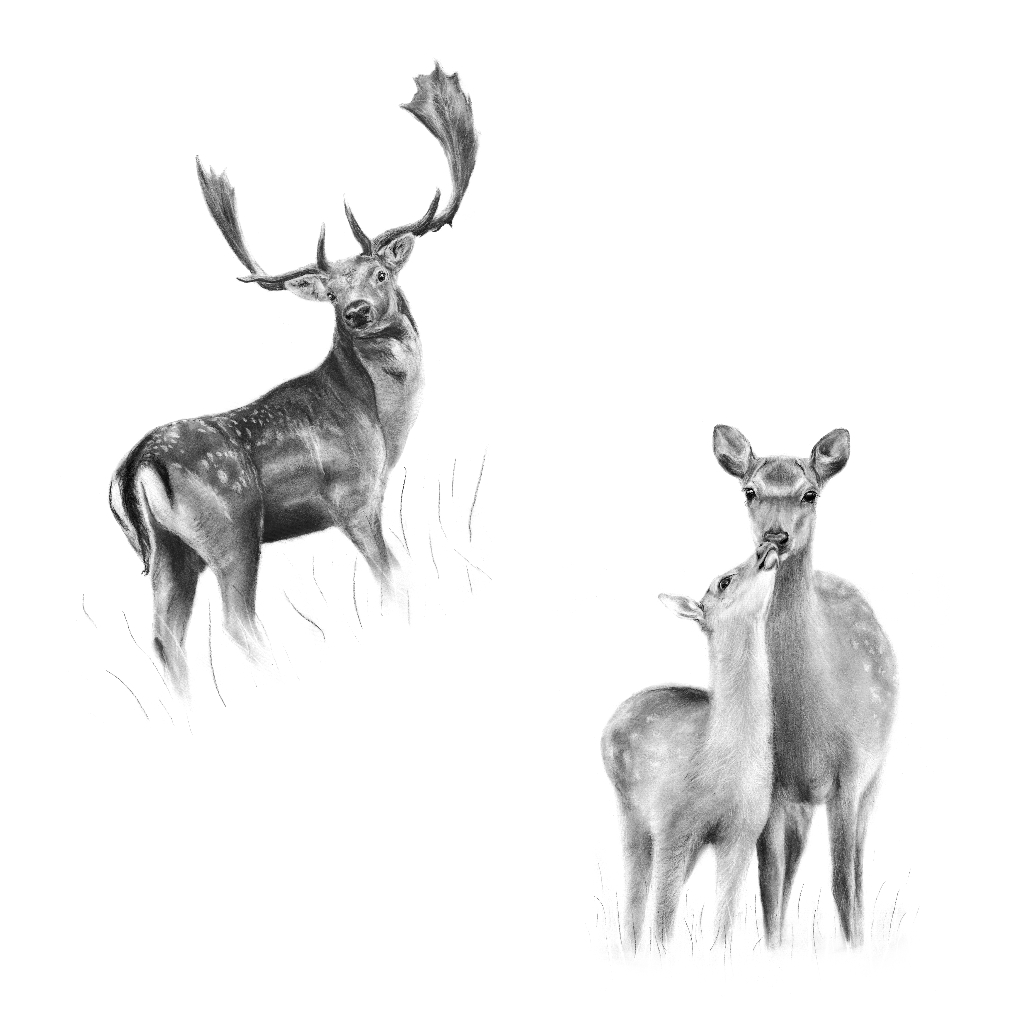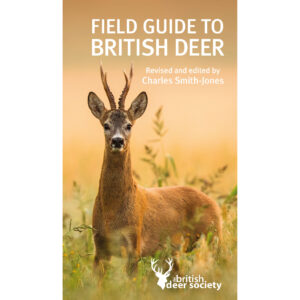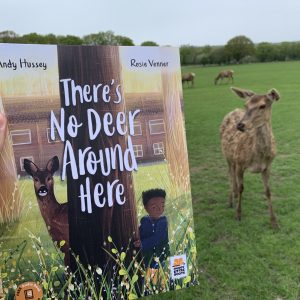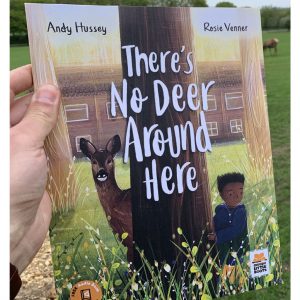Warning of an increased risk of deer collisions as clocks go back
Share article:
Article by:
Deer Aware, National Highways & , British Deer Society
National Highways and the British Deer Society are warning drivers to be extra vigilant for deer on or near roads after the clocks go back this weekend.
There is a substantial increase in deer vehicle collisions from October to December. Poorer driving conditions and fewer hours of daylight, coupled with the annual breeding season (the rut) for red, sika & fallow deer make this a high-risk time of year.
Research over the years by the DeerAware campaign has also found that the risk increases after the clocks change at the end of October. This is because drivers find themselves more likely to be on the road when deer are most active from sunset to midnight and the hours shortly before and after sunrise.
Caption: Drivers are being asked to be DeerAware this autumn
National Highways Head of Road User Safety Jeremy Phillips said:
“As the clocks go back this weekend, journeys next week may feel different for many drivers even on familiar routes. This time of year we see an increase in the number of deer collisions and our advice is to take care while driving and look out for deer.”
Drivers may easily be caught unaware on roads they travel everyday by the sudden appearance of deer in their path, but there are some simple tips they can use to help reduce the risk.
The advice to drivers is:
- When you see deer warning signs or are travelling through a heavily wooded or forested stretch of road, check your speed and stay alert
- If your headlights are on, use full-beams when you can, but dip them if you see deer as they may ‘freeze’ on the spot instead of leaving the road
- If you see a deer, look for another. They often gather in herds and follow each other as they move through the landscape.
- Only brake sharply and stop if there is no danger of being hit by following traffic, use your hazard lights. Try to come to a stop as far away from an animal as possible to enable it to leave the roadside without panic. Try not to suddenly swerve to avoid a deer. Hitting oncoming traffic or another obstacle could lead to a more serious collision.
- If you must stop, use your hazard warning lights
Many drivers have said that being aware of the risk of a deer collision has helped them avoid a collision. However, if you do find yourself involved in a collision:
- Keep yourself and anyone with you as safe as you can.
- Park your car in the safest place with hazard lights on. Consider using it to also warn other road users.
- Call an ambulance if human injuries warrant it.
- Call the police.
The police can also contact specialists to deal with injured deer. Never try to move deer off the road yourself as this will put you at great risk of injury.
For more information visit https://www.deeraware.com/
